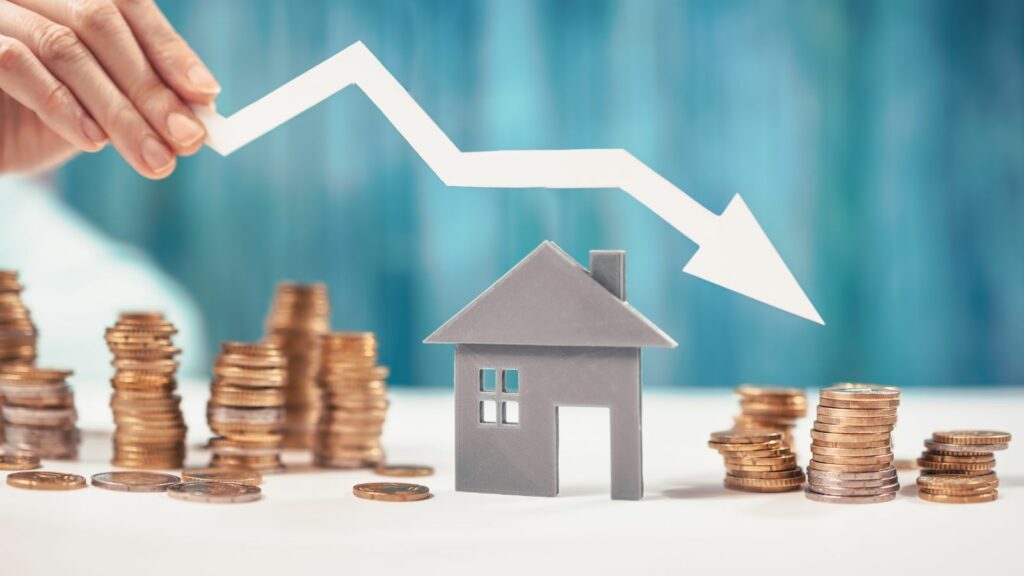Whether you’re a homeowner, renter or investor, the economic fallout of a housing market crash can be devastating. The ripple effects of a crash can touch various aspects of your life, including your overall finances and retirement plans. Here are 16 surprising ways a housing market crash could impact your future:
Home Equity Could Evaporate

For homeowners, one of the most immediate effects of a housing market crash is a steep drop in home values. If prices plummet, your home equity, which is often a significant portion of personal wealth, could drastically shrink. For those with high mortgages, this could mean being underwater, where you owe more on your home than it’s worth, making it difficult to sell or refinance.
Rising Rental Prices

While it might seem counterintuitive, housing market crashes can often lead to an increase in rent. As homeownership becomes less affordable due to tighter credit and reduced consumer confidence, more people are forced to rent, driving up demand.
Tighter Lending Standards

Following a housing crash, banks and lenders typically tighten their lending criteria. That means higher credit scores, larger down payments and more documentation will be required for those looking to purchase homes. First-time buyers and low-income individuals could find it harder to secure a mortgage, delaying or derailing their homeownership dreams.
Delayed Retirement Plans

If you were counting on the value of your home to contribute to your retirement nest egg, a housing market crash could force you to rethink your timeline. Many retirees plan to downsize and use the proceeds from their home sale to fund their retirement. A sudden drop in property value could mean you need to work longer or adjust your retirement budget.
Job Loss in Real Estate and Construction

A housing market crash often leads to a slowdown in real estate transactions and new construction projects. This can result in widespread job losses in related industries—realtors, construction workers, contractors and home improvement retailers could all be hit hard. The economic slowdown in these sectors often ripples through the broader economy, causing further instability.
Increased Foreclosures
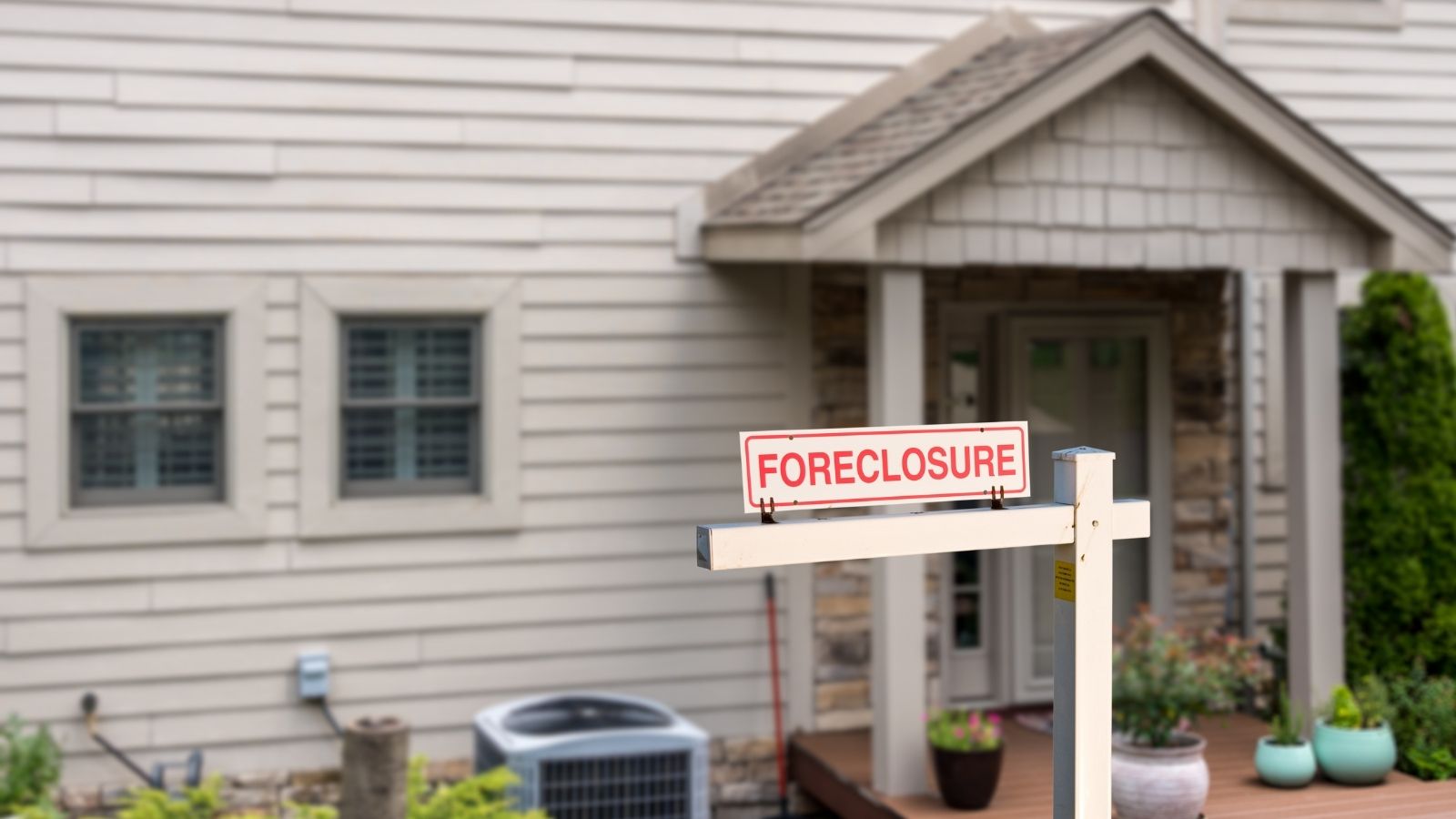
When home prices drop and homeowners can no longer afford their mortgage payments, foreclosures tend to spike. This not only affects the individuals losing their homes but also communities. Neighborhoods with high foreclosure rates can experience decreased property values, reduced tax revenues and an uptick in crime as abandoned homes become targets for vandalism.
Opportunity for Real Estate Investors

While a crash can be disastrous for some, it often presents opportunities for real estate investors. Lower home prices can make it easier for investors to buy properties at a discount, either for flipping or for rental income. Those with cash or easy access to credit can potentially build wealth by scooping up undervalued properties during a downturn.
Your Property Taxes Could Change
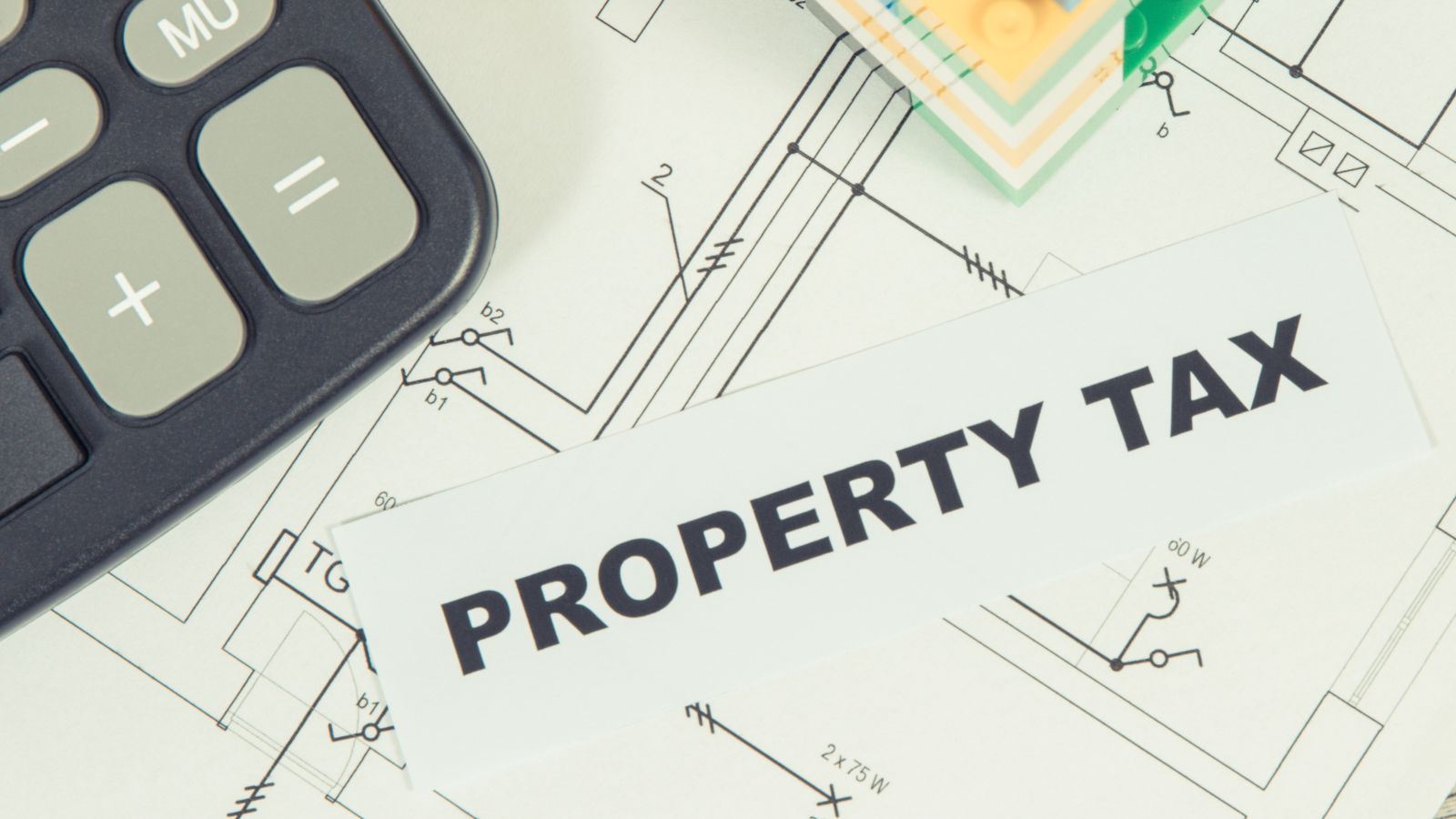
A decrease in home values could lead to lower property taxes in some areas, giving homeowners some financial relief. But, llocal governments frequently increase taxes or limit funding for necessary services like roads and schools in response to a decline in property tax revenue.
Impact on Small Businesses

If a housing market crash leads to widespread financial strain, small businesses could suffer. With less disposable income, people spend less on non-essential goods and services. Local economies, particularly those tied to the real estate sector—like furniture stores, home renovation companies and real estate offices—could experience a sharp decline in customers.
Shifts in Urban and Suburban Living

A crash could dramatically shift housing trends. In the wake of a crash, there might be a renewed interest in suburban living if urban home prices become too volatile or unaffordable. On the other hand, urban areas could experience a revival if prices fall low enough to attract new residents who were previously priced out.
Increase in Government Intervention

To prevent further economic damage, governments often step in with things like stimulus programs, mortgage relief or changes in lending rules. While there’s good intention behind these measures, they can also shape future housing policies, which could impact your ability to buy or sell a home.
Difficulty Refinancing Existing Mortgages
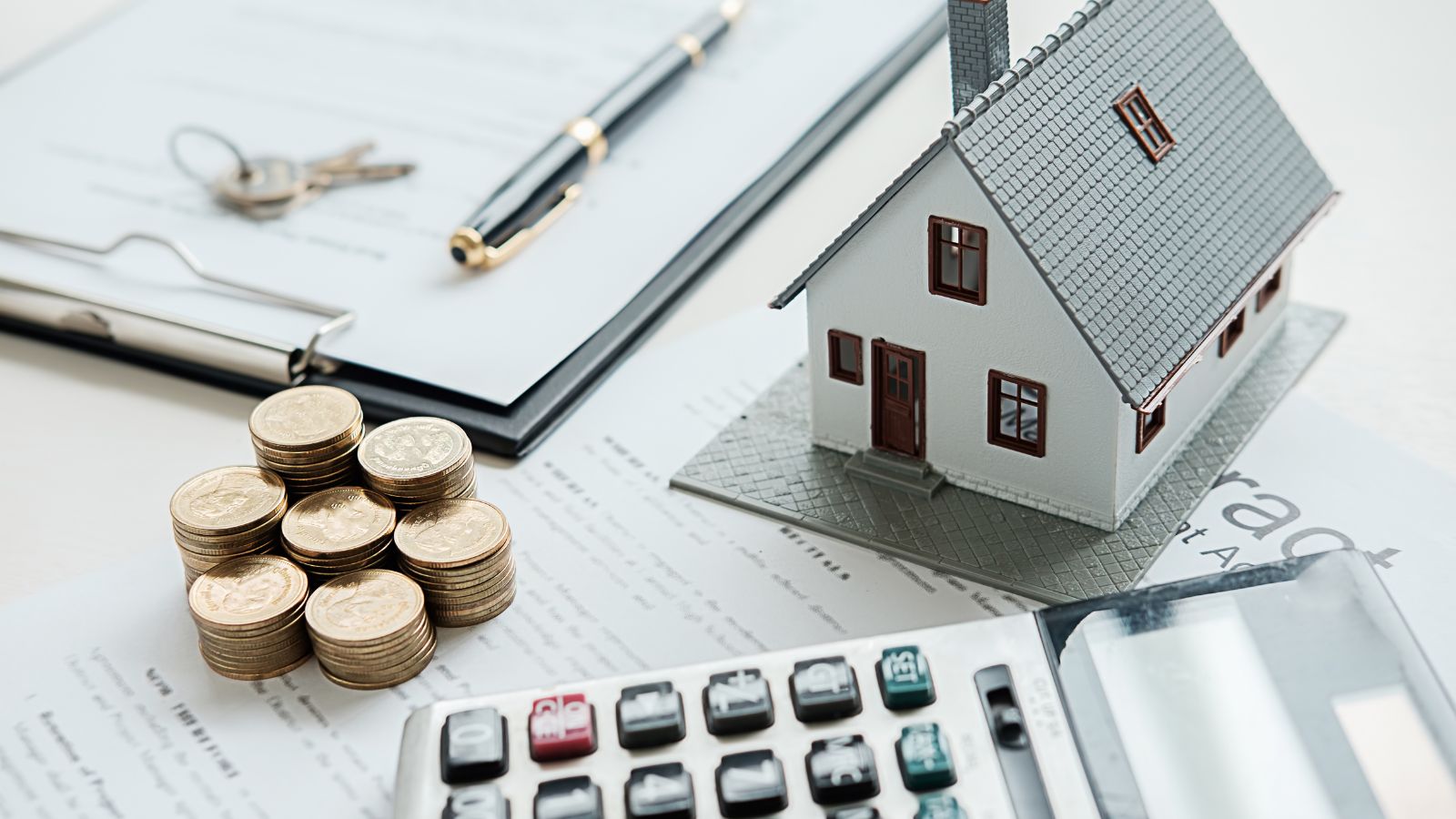
If home values drop significantly, homeowners looking to refinance to take advantage of lower interest rates may find it difficult or impossible. Lenders are less likely to approve refinancing if the value of the home has dropped below the loan balance, locking many homeowners into higher-than-market interest rates.
Lower Consumer Confidence

A housing crash can have a significant psychological impact on consumers. As people see the value of their homes plummet, they often become more conservative with their spending, contributing to an economic slowdown. This pullback in spending can affect multiple industries, leading to slower economic growth, reduced job opportunities and less financial security.
Rising Homelessness
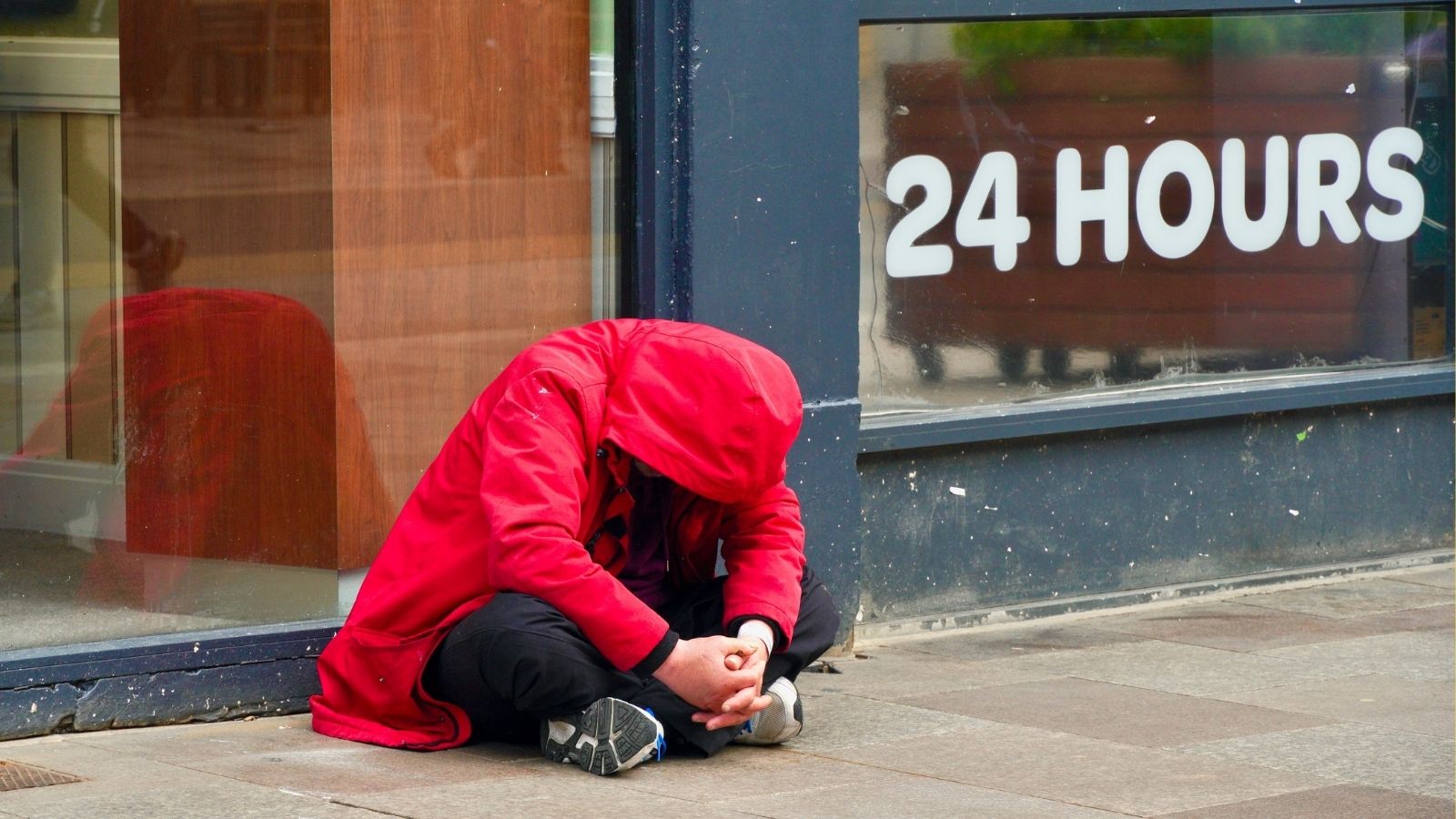
With increased foreclosures and tighter access to housing, homelessness could rise during a housing market crash. When people lose their homes and cannot afford skyrocketing rent prices, they may have no other option but to rely on shelters or other temporary housing solutions, exacerbating the homelessness crisis in certain regions.
Long-Term Wealth Gap Expansion

A housing market crash can widen the wealth gap between homeowners and renters. Wealthier individuals and institutions can often weather the storm by purchasing distressed properties, while lower-income individuals may be forced to rent for longer or lose their homes entirely. This cycle further entrenches income inequality and reduces social mobility.
Shift in Homeownership Preferences
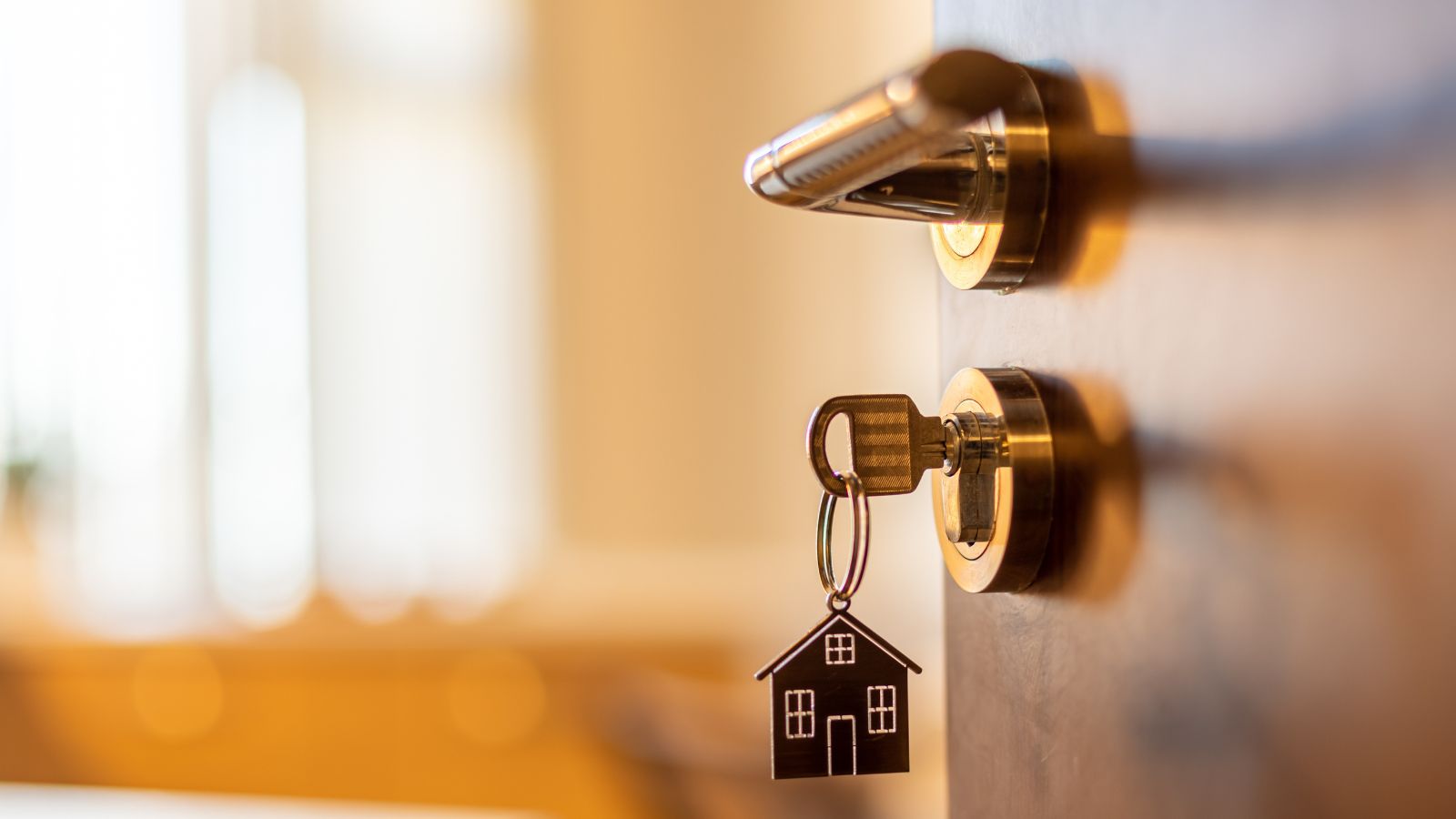
The shock of a housing market crash may change the cultural attitude toward homeownership. Millennials and younger generations, already skeptical of the traditional homeownership model, might become even more hesitant to buy homes, opting instead for renting, co-living spaces, or smaller, more affordable housing options.
18 Reasons Why People Are Leaving Florida in Masses

Exploring factors that impact the desirability of living in Florida, this list delves into various challenges shaping residents’ experiences. From environmental concerns like rising sea levels to economic factors such as fluctuating job markets, these issues collectively contribute to a nuanced understanding of the state’s appeal.
18 Reasons Why People Are Leaving Florida in Masses
